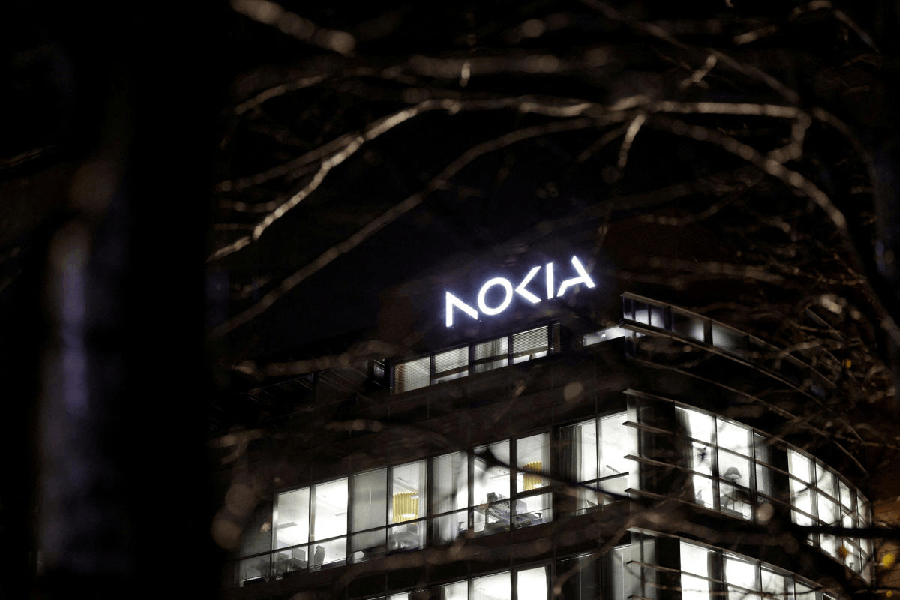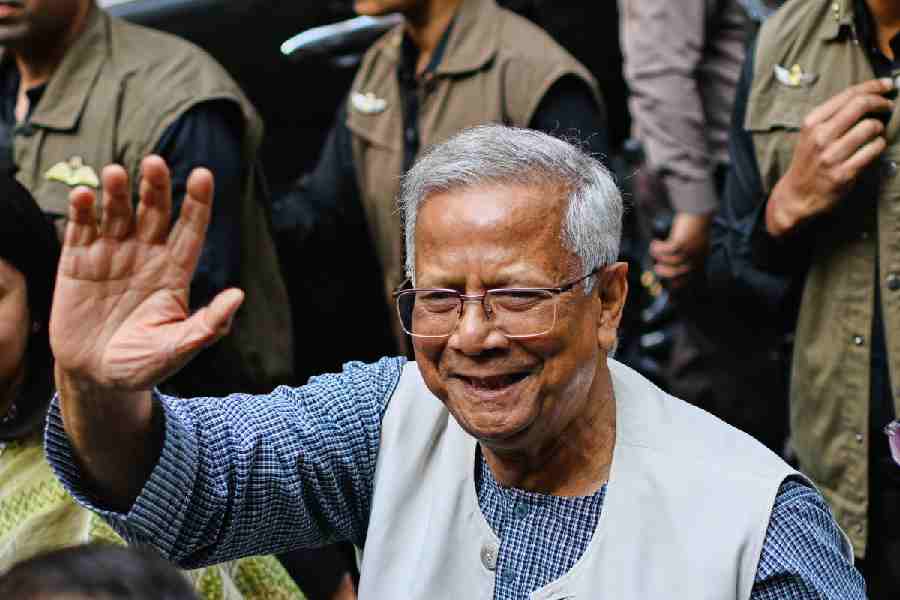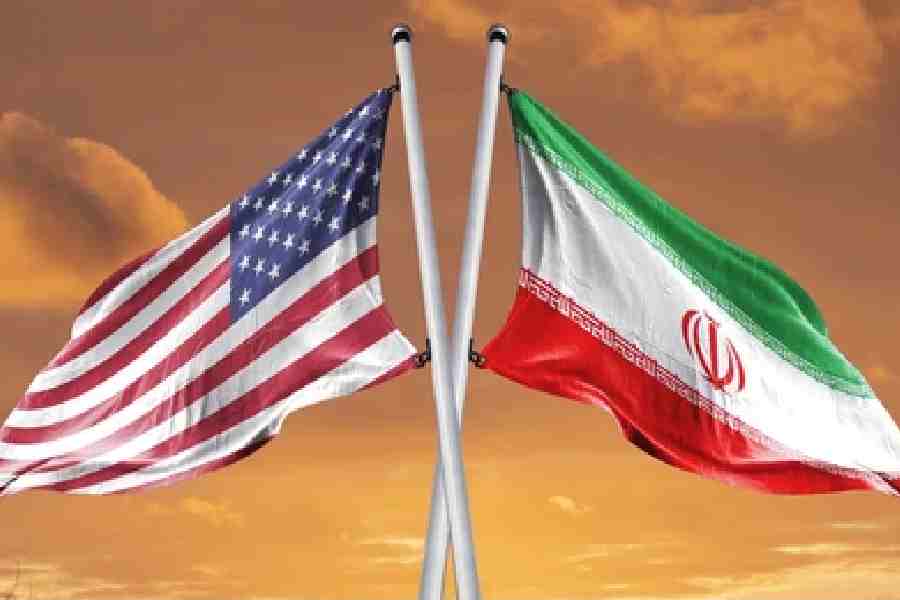Nokia unveiled a new strategy on Wednesday focused on artificial intelligence, as it strives to simplify its business and boost annual core profit by as much as 60 per cent over the next three years.
Beginning in 2026, the Finnish telecoms equipment maker intends to reorganize into two primary businesses: network infrastructure, dedicated to AI and data centres, and mobile infrastructure, focused on core telecoms activities.
The company is now targeting annual comparable operating profit of 2.7 billion euros to 3.2 billion euros ($3.1 billion to $3.7 billion) by 2028, compared to 2 billion last year.
Nokia expands beyond telecoms
Nokia's growth plan comes amid a slowdown in 5G investments.
Earlier this year, aiming to tap into the AI boom, it acquired U.S. optical networking firm Infinera.
The acquisition has lifted its sales and was followed by a $1 billion equity investment from chipmaker Nvidia, which bought a 2.9 per cent stake in the Finnish group.
Speaking at the company's capital markets day in New York, chief executive Justin Hotard highlighted growing demand from major cloud providers.
"The largest hyperscalers are now investing more each quarter than the largest telcos invest in a year," he said, adding that nine out of the ten biggest cloud providers have turned to Nokia's technology.
The company also announced plans to establish a new defense incubation unit to deliver secure connectivity to Western countries, while aiming to reduce group operating expenses to 150 euros million by 2028, down from 350 million euros.
But the strategy announcement weighed on investor sentiment, with Nokia shares falling as much as 6 per cent, among the worst performers on the pan-European Stoxx 600 index, though still up 25 per cent year-to-date.
"Market expectations were higher after (a) strong share price increase," said Atte Riikola, an analyst at Inderes.
PP Foresight analyst Paolo Pescatore said the new strategy is not a radical departure from its current focus but added that there were also significant concerns surrounding AI, given the substantial investment and uncertain returns.











